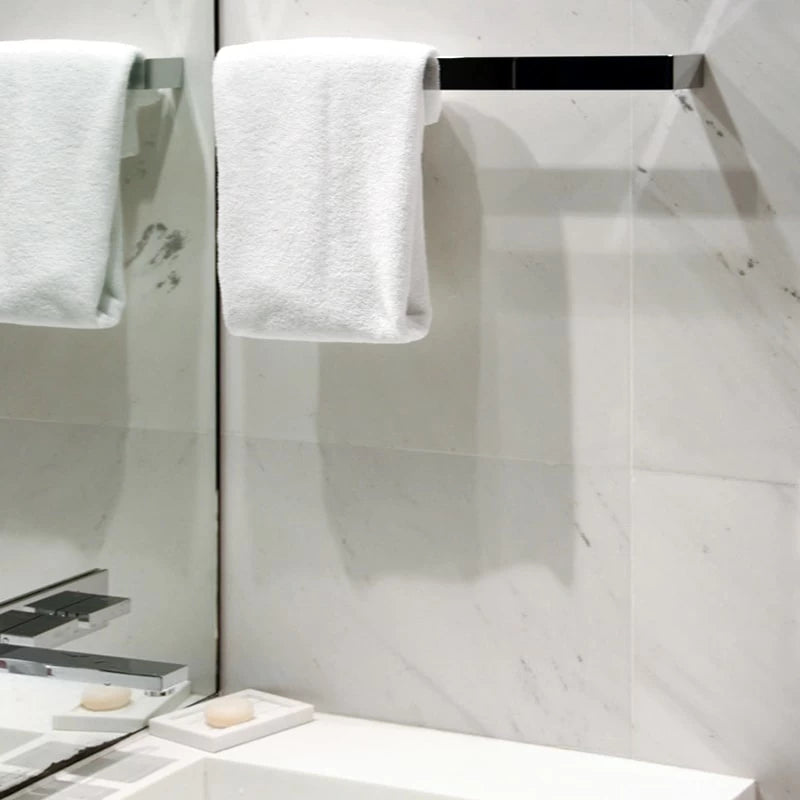
Honed Marble: All you need to know.
Share
Marble, a symbol of luxury and elegance, has been used in architecture and interior design for centuries. From the colossal buildings of ancient Rome to the gleaming surfaces of modern kitchens and bathrooms, marble's timeless appeal is undeniable. However, the finish of the marble can significantly affect its appearance and performance. Among the popular finishes, honed marble stands out with its understated charm and practical benefits. In the following text, we will delve into the specifics of honed marble, its appearance, various uses, durability, cost implications, and more. As you explore this richly detailed guide, you will gain a deeper understanding of why honed marble might be the perfect choice for your next home or design project.
Appearance: Honed marble has a matte or satin finish, rather than the highly polished, glossy look of traditional marble. This finish is achieved by stopping the buffing process before the stone becomes shiny, resulting in a smooth, consistent, and unreflective surface. Honed marble often presents a more natural, organic appearance than its polished counterpart.
Uses: Like polished marble, honed marble is versatile and can be used in a variety of settings. It's often favored for floors, countertops, backsplashes, wall coverings, and bathroom surfaces including shower walls and vanity tops. Due to its less reflective surface, it tends to hide scratches or etch marks better than polished marble, making it particularly suitable for high-traffic areas or areas exposed to harsher substances.
Durability: Marble is a fairly durable stone, but it's also porous, which means it can be susceptible to staining and etching. A honed finish can be somewhat more resistant to these issues compared to a polished finish, as it lacks the shiny surface where such damage is more noticeable. However, honed marble, like all marble, should be sealed regularly to protect it from damage and prolong its life.
Slip Resistance: Honed marble is more slip-resistant than polished marble, which makes it a good choice for flooring in high-traffic or wet areas such as bathrooms or kitchens.
Maintenance: Honed marble requires regular care to maintain its beauty. It's recommended to wipe up spills immediately, avoid acidic or abrasive cleaners, and reseal the surface periodically. While honed marble may show fewer scratches, it may be more prone to staining than polished marble because of its increased porosity.
Price difference: In general, the cost of honed marble versus polished marble is quite comparable, with the major price differences coming down more to factors like the type of marble, its origin, the size of the slab, and the complexity of the installation rather than the finish.
Remember, marble, whether honed or polished, is a natural stone with inherent variations in color, pattern, and texture. These unique characteristics are part of its beauty, making each piece of marble distinct. Be aware that marble requires a certain level of maintenance and care, but with proper attention, it can remain beautiful for a long time.
